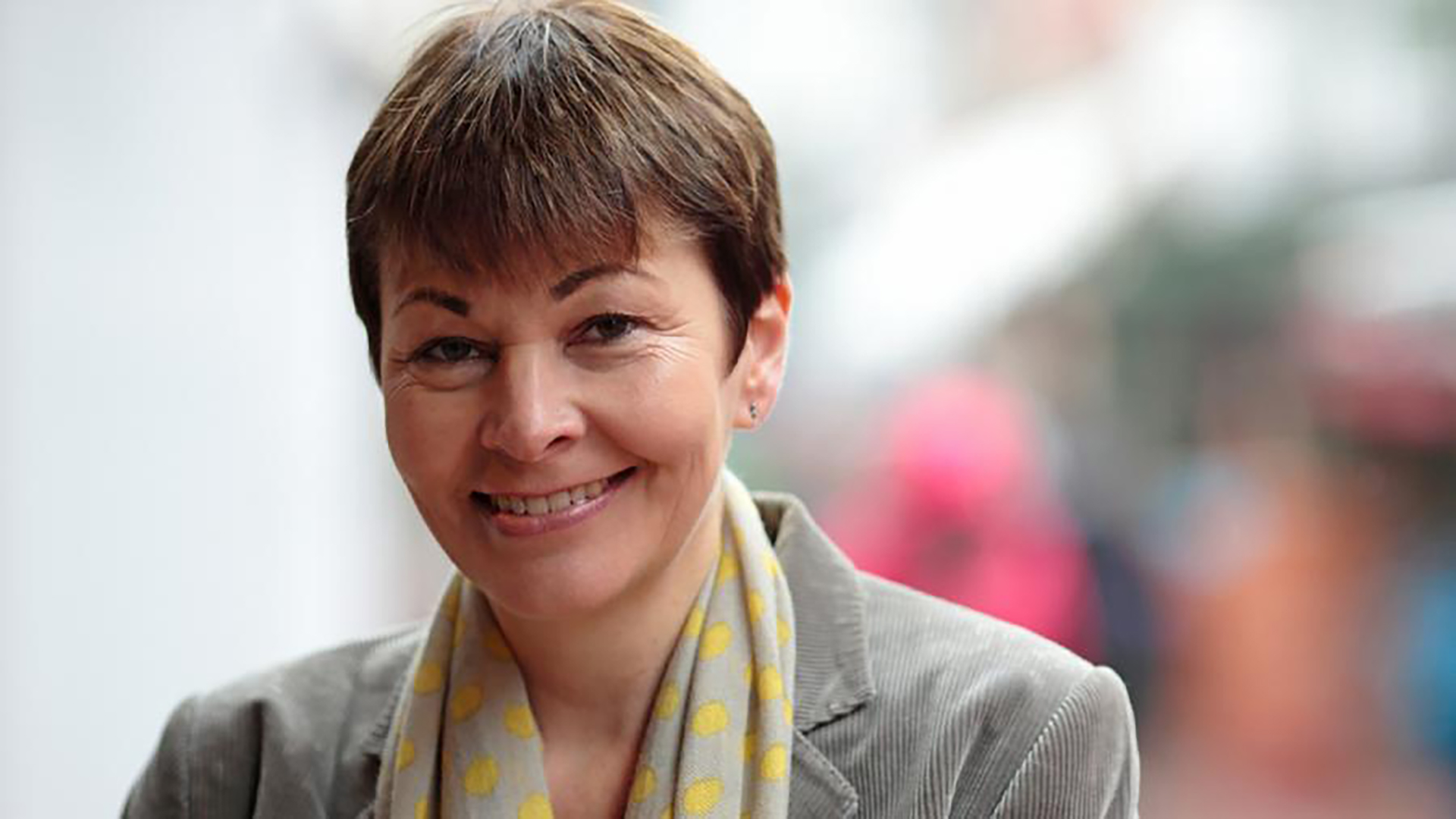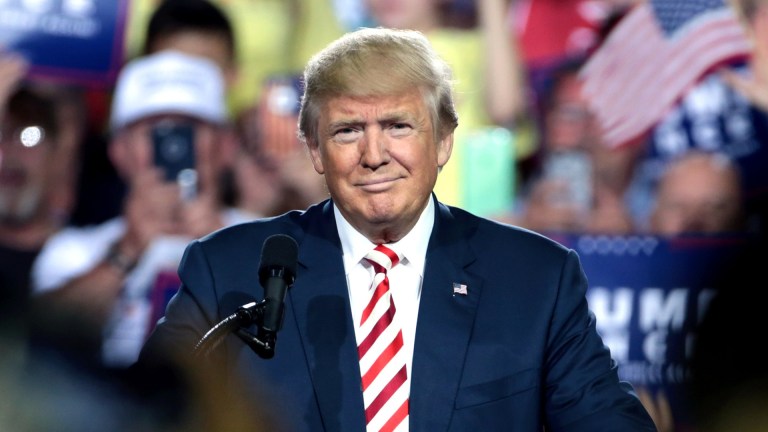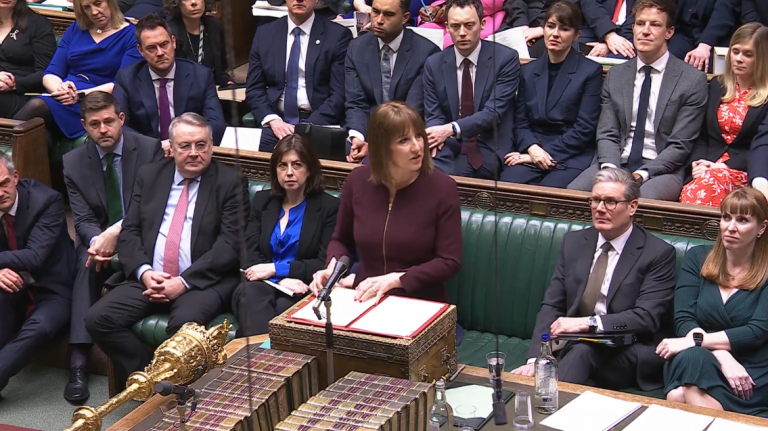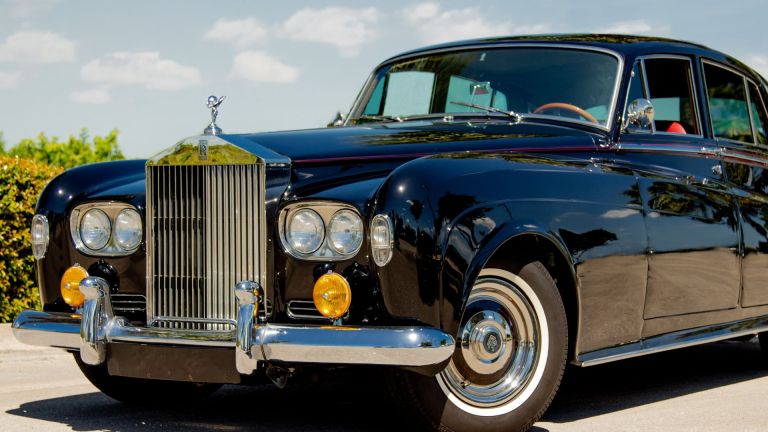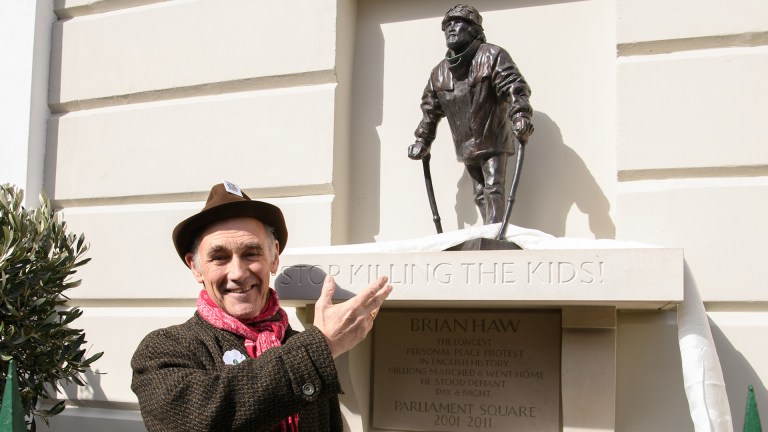Over the past few months, I’ve been travelling round Britain talking to Leave voters to understand the reasons behind their vote. The people I meet talk about political power and how they feel excluded from it. People feel they just don’t count, and nor do their views. They have no control over key areas of their lives, which is why the slogan ‘Take Back Control’ resonated so strongly.
The paradox is that Brussels got the blame, but it was Westminster that created the problem. Power is centralised in London, parliamentary procedures are archaic and almost impossible to understand (even for an MP) and the voting system means two-thirds of voters don’t get the representative they want. No wonder turnout at elections is so low, especially among young people. Barely half of them see the point of voting in general elections; in local elections it’s even worse.
So how do we address this crisis of faith in our democracy? Well, leaving the EU won’t solve the problem because being a member of the EU didn’t cause it.
People need to feel they are being listened to, and not just at election time, and that they have a stake in this country and in the future we need to build. We need to engage them more in the big decisions that we are facing, whether it’s the climate emergency, addressing the breakdown in social cohesion or how we run our society in future.
That’s one of the reasons I’m delighted to be working with Lord Bird on the Future Generations Bill, which he will introduce in the House of Lords, and which I plan to do in the Commons, because it requires government departments and all public bodies to address our democratic deficit – as well as those social and environmental challenges.
Power needs to be redistributed. That means moving to a fairer, more democratic system of voting so that people feel their vote counts, and Westminster giving back some of its over-centralised powers to regions and local communities. Letting people take back control over their lives.
Advertising helps fund Big Issue’s mission to end poverty
We should seriously explore ideas like moving Parliament out of London to a city such as Leeds or Manchester – with the chance to rebalance our economy as well as our politics. The Palace of Westminster, gothic, rat-infested, and crumbling into the Thames, has become a powerful symbol of political decay. In the 19th century, at the time the current Palace of Westminster was built, regional government thrived in places like Birmingham and Manchester. You can see the legacy of that today in the fine civic buildings that still stand in many of our regional cities. They also need to take back control.
We need engagement and understanding if we are to tackle the climate emergency in a way that brings people together
But we shouldn’t stop there. We should restore power to local communities so people can take decisions over the issues that affect their daily lives.
This won’t happen by itself. If we are to fundamentally change the way we are governed, we need to start with a constitution fit for the 21st century. That means a written constitution, not one based on a gentleman’s-agreement-type list of conventions and rules. They are far too easy to abuse, as Boris Johnson demonstrated when he suspended Parliament. It was only the Supreme Court – relying on a convention dating back to 1611, for goodness sake! – that stopped him.
If we are to have a full constitutional convention to write the rules of a modern democratic state, it needs to be written by the people themselves through a system of citizens’ assemblies across the country – citizens empowered to call witnesses and draw up a constitution which is then put to a public vote.
If people are given the time to discuss complex issues and presented with evidence, they can come up with solutions to the most contentious problems and feel ownership of those decisions. We will need that engagement and understanding if we are to successfully tackle the climate emergency in a way that brings people together, rather than pits winners against losers.
Thinking and acting anew to tackle inequality and insecurity can help repair our democracy. So too can an honest conversation about what we have in common. That means coming together as fellow citizens, rather than hiding in the echo chambers of social media.
Advertising helps fund Big Issue’s mission to end poverty
We can build a fairer, greener economy that works for us all but we can also have a conversation about who we are as a country – and what we aspire to be.
The Future Generations Bill is part of a wider campaign by The Big Issue to dismantle poverty by laying the groundwork now for a more equal society for the generations who follow. We’re calling it Today For Tomorrow and you can find out more in the magazine over the coming months.
